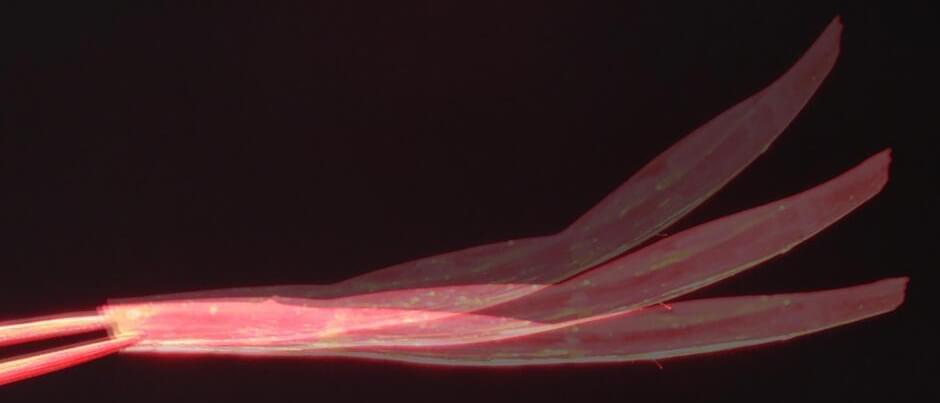Though innovation is often associated with Silicon Valley and high-tech start-ups, sometimes all that’s needed to make a big difference in people’s lives is a new spin on tradition, UNCTAD Deputy Secretary-General Isabelle Durant said on 2 July at the opening of a meeting in Geneva on the topic.
Mitticool, the clay refrigerator that requires no electricity, costs less than $50 and can keep food fresh for 2 to 3 days, is just one example of the power of “frugal innovation”, Ms. Durant said.
Inspiration came to the Indian inventor, Mansukhbhai Prajapati, after seeing his community suffer during the Gujarat earthquake of 2001, when a magnitude seven quake wrecked more than 8,000 villages, killing around 20,000 and leaving a million others without a home.









